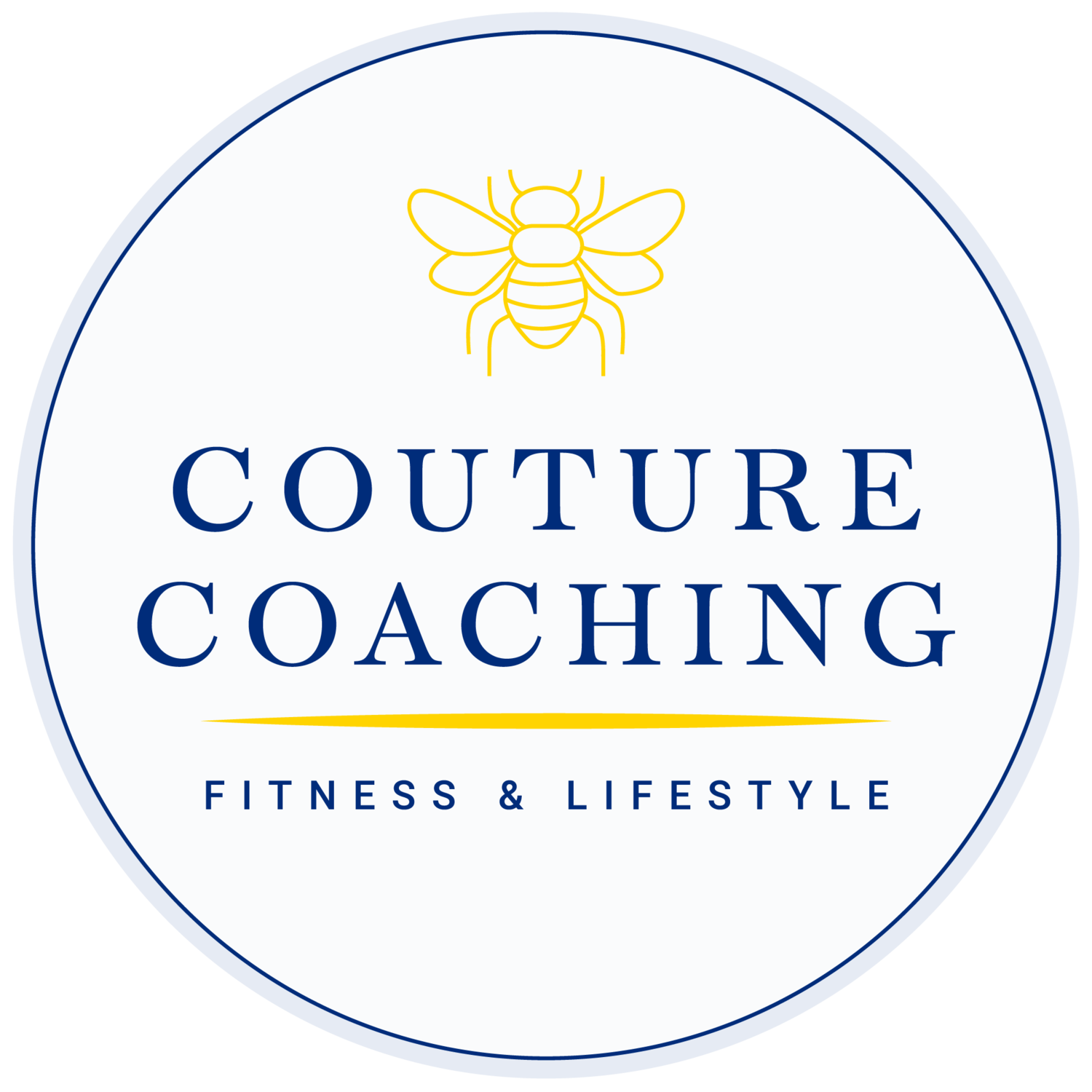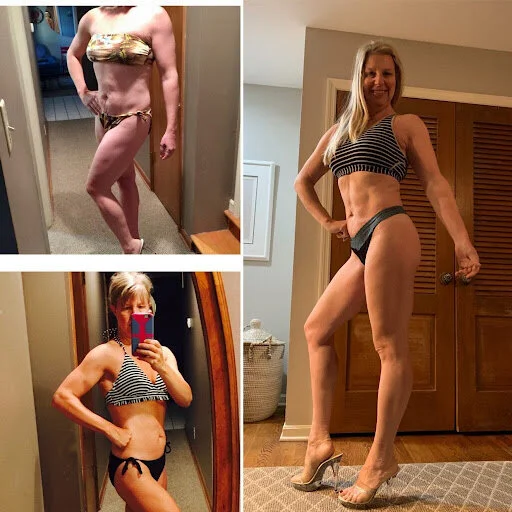Eight Weeks Of Dieting
I’m about eight weeks into my cutting/dieting process for preparing for a fitness competition. As I’ve written about before, I primed my body for this by doing about six months of reverse dieting. One thing I see a lot of chatter about on social media is reverse dieting. There's so much contradictory info. out there it will make your head spin. On any given day, various fitness and nutrition experts are on Instagram giving polar opposite advice: some say that reverse dieting isn't a thing and if you're struggling to lose weight it's because you aren't in a steep enough calorie deficit and others say everyone should reverse diet. So what's a lady to believe?
The other day, I was talking to a friend who had recently started following my journey to the stage and is interested in losing some weight and re-comp'ing her body. She is like so many women I know: formerly very athletic, sucked up by the family/career stress whirlwind that hits in the 30s, and now finding herself in a post-pregnancy body that she doesn't recognize. We were talking about how she might change some things up, and I asked her if she had any idea what her daily caloric intake was. In fact, she did, and it was about 900 calories. Gasp! I told her I was pretty sure that she was going to have to increase her daily caloric intake to which she responded "wait, you are telling me that I'm going to have to eat more food to lose weight? This seems like the opposite of what I'm supposed to do - shouldn’t I start running and eating less."
First things first: what is a reverse diet? It's when you intentionally increase your daily caloric intake over time to achieve a particular body composition goal. When should a person reverse diet? This is a very personalized decision, but if you are a woman who has been dieting for several months or eating at or below 1400 to 1500 calories for a long time and is looking to lose some weight or make some body composition changes, you might be a good candidate for doing a reverse diet. I will share my experience with a reverse diet and everything I learned from the experience.
My Reverse Diet Glow-Up
I did a reverse diet starting last summer and increased my daily caloric intake from 1500 calories to 2000 calories over about a six month period. This allowed me to start my competition calorie deficit at 1800 calories, and my body has responded very well. Having lost ten pounds over the last few months, my calories are still really high at ~1700 calories a day. By comparison, when I trained for my last fitness competition, I started out at 1500 calories a day and had to cut down to 1000 calories a day at the end. Below are progress pictures throughout my journeys to give you a sense of how my body has responded to more calories.
The pictures on the left are from my first fitness competition prep: the one on the top was about 8 weeks out and I was eating 1300 calories a day and I weighed about 152 pounds; the one on the bottom was a few weeks before the competition and I was eating about 1000 calories a day and weighed about 143 pounds. The picture on the right is from a few weeks ago (12 weeks out from my competition) eating about 1800 calories a day and weighing around 153 pounds. BIG DIFFERENCE! Now, there are a lot of different things going on in the picture on the right - more lifting, more protein, more NEAT- but I do attribute some of the change in my body composition to investing in a reverse diet before starting to cut for this competition.
Six Things I Learned From Reverse Dieting
My Fitness Pal Is My Friend: Reverse dieting is a great time to get in the habit of tracking your food in MFP. Why? Because it's much more fun to track your food in a calorie surplus than a calorie deficit. Learning to hit daily caloric and macro goals is a meta skill for learning how to lose weight. I’ve tried every diet out there and will attest that there is no other way to achieve long term weight loss than by getting very intentional and focused on your nutrition. There's no better time to fine tune this skill than when you have plenty of calories to spare. If you have been chronically undereating and increase your calories it becomes like a game - what else can I eat today to get all my calories in?! (Note: reverse dieting is not a free for all and you are still going to want to hit some calorie and macro targets).
Most People Gain A Little Weight On A Reverse Diet: Duh. Some people lose weight on a reverse diet. Others gain a little weight. Whether you gain or lose weight on a reverse diet depends on a variety of factors. The good news is that you won't gain as much weight as you think. I gained about 4 pounds, but they were well worth it and came right off when I employed a minor calorie cut.
Hunger Doesn't Always Feel Like Hunger: When I jumped my calories from 1500 to 1800 calories a day, I immediately felt less tired. I had more energy to do things and an afternoon nap did not seem mandatory anymore. Also, my digestion and sleep improved. So if you are eating chronically low calories and thinking "but I'm not hungry" you might be surprised to find that your chronic fatigue and sluggishness disappear once your calories increase.
Build Some Muscle: It's really hard to build muscle in a calorie deficit, so put those extra calories to work while you are reversing and lift some weights. The good news is that you'll have the fuel to do it! This is the path to body re-composition. Trust me, you won't regret it!
The Body Is A Science Experiment: The only way to know if a reverse diet will work is to try it. If your daily caloric intake is hovering around your basal metabolic rate (or below), it is definitely time to try a reverse diet. For several weeks or months. This isn't a quick fix and this is where it's helpful to have some patience.
Get A Coach: If you are really interested in exploring changing your body composition, I highly recommend hiring a coach. It's not necessary, but it can make the experience much less frustrating. As I was explaining to a friend, if you hire a coach you don't have to spend any of your mental energy wondering if you are doing the right thing or which Instagram "expert's" advice to follow. Instead, you can spend all of your energy following the plan your coaches create for you and let them decide whether you are a candidate for a reverse diet. This is exactly the service we provide at Couture Fitness & LIfestyle Coaching. We will assess your current caloric intake and determine whether you are a candidate for a reverse diet and then design a customized plan for you and provide all the support you need.
Boost Your Metabolism
Let us help you boost your metabolism! Book a free strategy call —or email We’ll set up a 15 minute call to discuss your goals and dieting history and help develop a customized plan that allows you to eat more (really!). We’ll also talk about how you can exercise to build calorie-burning muscle. The Couture Coaching Team wants to help you create a body you love—for life!
Want more metabolism-boosting ideas?
*Join our private Facebook Group (Boost Your Metabolism After Age 30)
*Listen to our podcast
*Follow us on Instagram
*Get our free video on how you can increase your metabolism
Click the links below to learn more about our programs:
*self-paced Master Your Metabolism Online Course.


